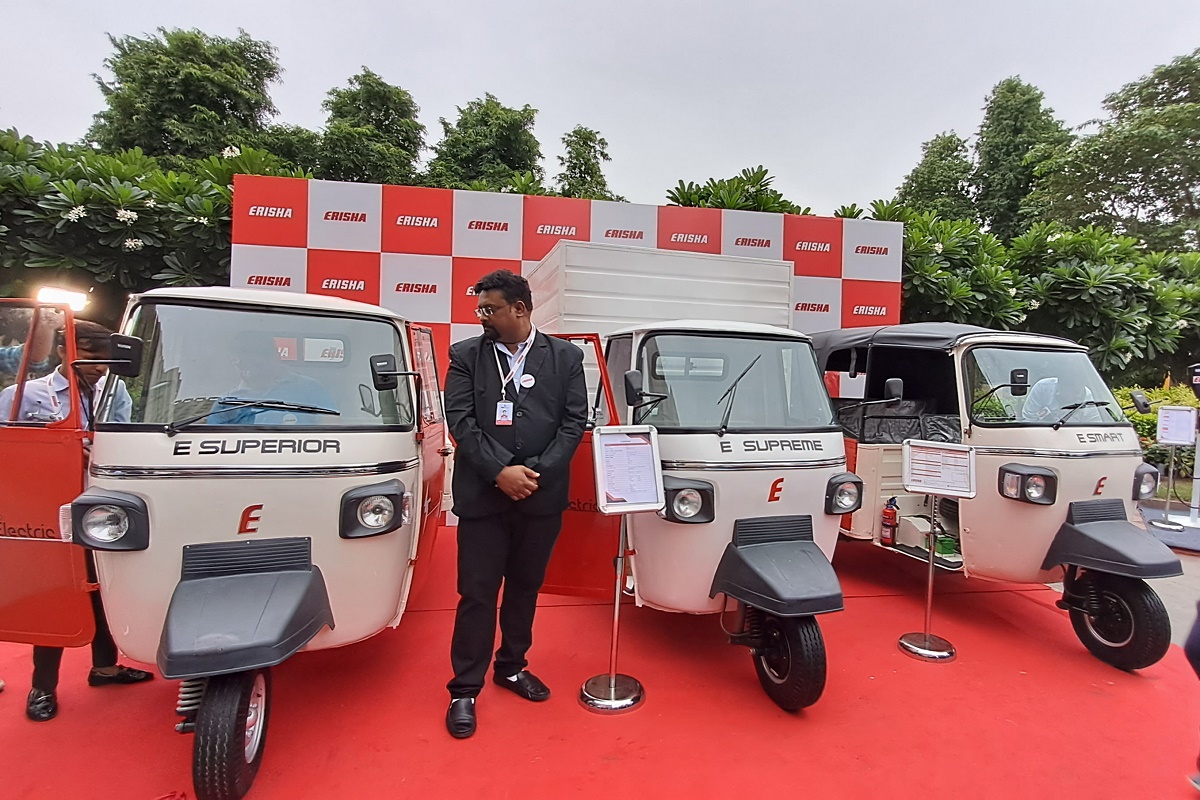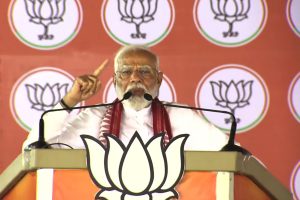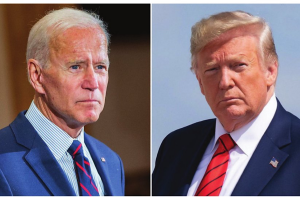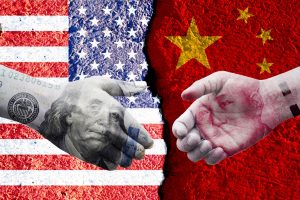The launch of the E- Superior Electric Cargo Loader, E- Supreme Electric Delivery Van, and E- Smart Electric Passenger Vehicle Three-Wheeler Auto in the L5 Category, along with EV Charging Stations, was announced by Erisha E Mobility on October 7.
Priced at Rs. 3.89 lakhs for the E-Superior Cargo Loader, Rs. 4.09 lakhs for the ESupreme Electric Delivery Van, and Rs. 3.87 lakhs for the E-Smart Electric Passenger Vehicle, ex-showroom, the electric vehicles are powered by a 51.2V Li-ion battery that provides a range of 120–140 km on a single charge.
In 4-5 hours, the battery will be fully charged. Each of these three wheelers has a standard 39-month warranty. The E-auto can be reserved in advance with a nominal payment of Rs. 2100 online through the company website or through the dealers spread out over India. Delivery of the E-auto is anticipated to start in November 2022.
In keeping with the necessity for last-mile connection, the business developed and designed the electric vehicles in India for the Indian market. The company has also stated that it will introduce Electric Cargo 4-Wheelers with 1.50 Mt, 2.50 Mt, and 3.00 Mt capacities before the end of the year. It will also announce the launch date for Electric Buses and 2 Wheelers with a variety of ranges.
Speaking about the degree of localization in these vehicles, Darshan Rana, director of Erisha, said, “Every other component is created in India, with the exception of battery components, which are imported from foreign but the R&D is happening here.”
He continued by saying that even though batteries can not be swappable as of now, the company would still offer battery replacements, and those will only cost 20 to 30 percent to the initial cost of the original battery.
This method will undoubtedly reduce the need for battery replacement because only a small percentage of cells will eventually get damaged and those damaged cells will need to be replaced.
When asked about the subsidy offer, Darshan Rana responded that it would not have an adverse effect on the business because the products were created in India and only required electricity to operate. Combining all of these factors results in relatively less expensive vehicles.











